Ever since the popularity of Squid Game, which captured the attention of many across the world, there has naturally been more interest in the world of K-drama. Squid Game wasn’t my first outing with Korean TV. Years ago I watched this series called Autumn in My Heart, which involved plotlines of getting switched at birth, a burgeoning romance as well as dealing with a terminal illness. This was over 20 years ago, and back then, we relied on DVDs for our supply of various dramas.
Things have become much easier these days with streaming platforms like Netflix, which has an extensive catalogue of K-dramas available. After I was done with Squid Game, I felt bereft and wanted more, so I explored what was available on Netflix and now, I just can’t stop. There is something so addictive about the worlds they have created, be it realistic or supernatural, and each show is perfectly paced to a single season, so you end each series satisfied and with necessary closure. There isn’t the tenterhooks of waiting for your favourite show to be renewed, like how it is with American TV – things have ended, and now, you move on.
So buckle up, we’re taking a deep dive into the world of Korean drama, and why we just can’t get enough.
Slice of Life
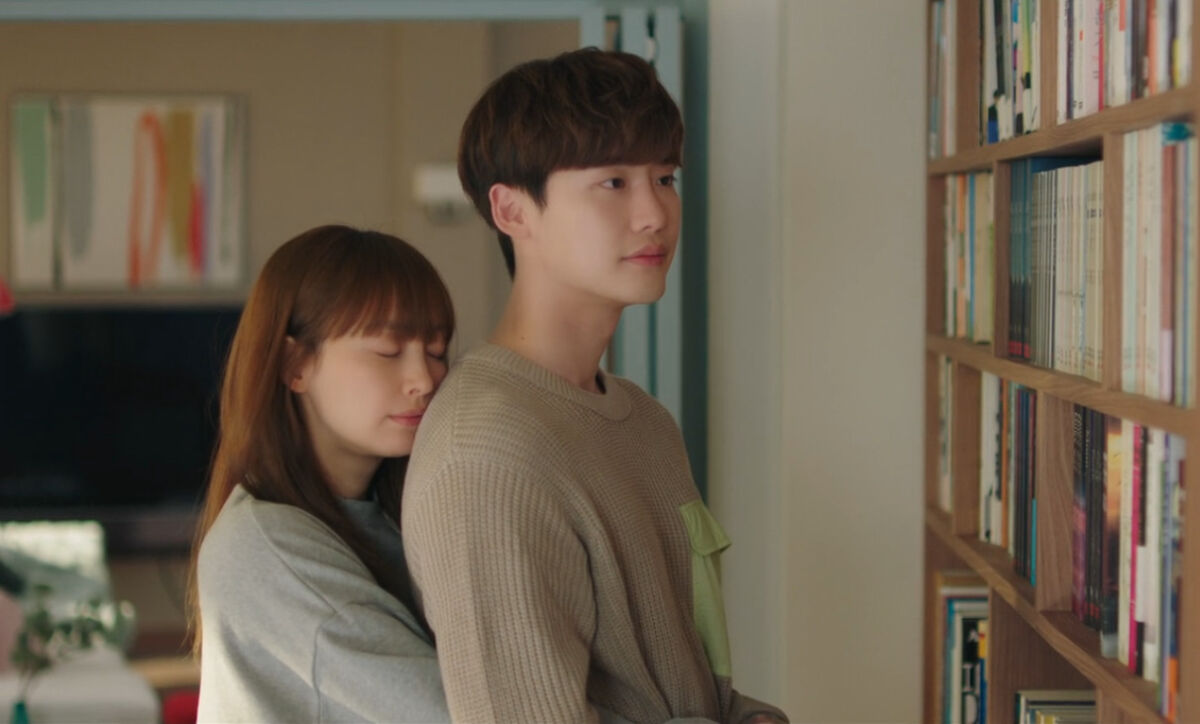
Each series revolves around particular plot points, and some are more soapish than others, but one of my favourite things about K-drama is the slice of life aspect built into some of these shows. As we begin each series, it truly allows us to feel what it would be like to live in modern day South Korea. These dramas invest quite a bit of time in working relationships and work culture, so much so that these characters feel like real people.
In the series She Was Pretty, we spend a lot of time with Hye-jin at her job at a fashion/beauty magazine. There are meetings, long hours spent at the office, and the show gives us a proper sense of the roles and responsibilities writers and editors have at a magazine. Generally, if a show is focused on family, or relationships, these other aspects aren’t really spotlighted in the same way. If I compare TV Land’s Younger to Romance Is a Bonus Book, both shows revolve around book publishing, but the latter has so many more details and practically radiates with passion for books. It also shows us how gruelling the job can be, especially when books and reading are a dying industry.
As a Lit major, hearing Ji Hong, one of the editors at the company, articulate so ardently his love for poetry truly made me openly weep. Poetry isn’t a good investment because people just don’t buy it as much as regular paperbacks, however, if that continues to be the case, there will come a day where poetry just won’t exist in the world. It made me really sad, but the show emphasizes that there needs to be a balance – to publish books that will sell like hot cakes, but also bring into the world books that would be important contributions to the world of literature.
Space of Romance
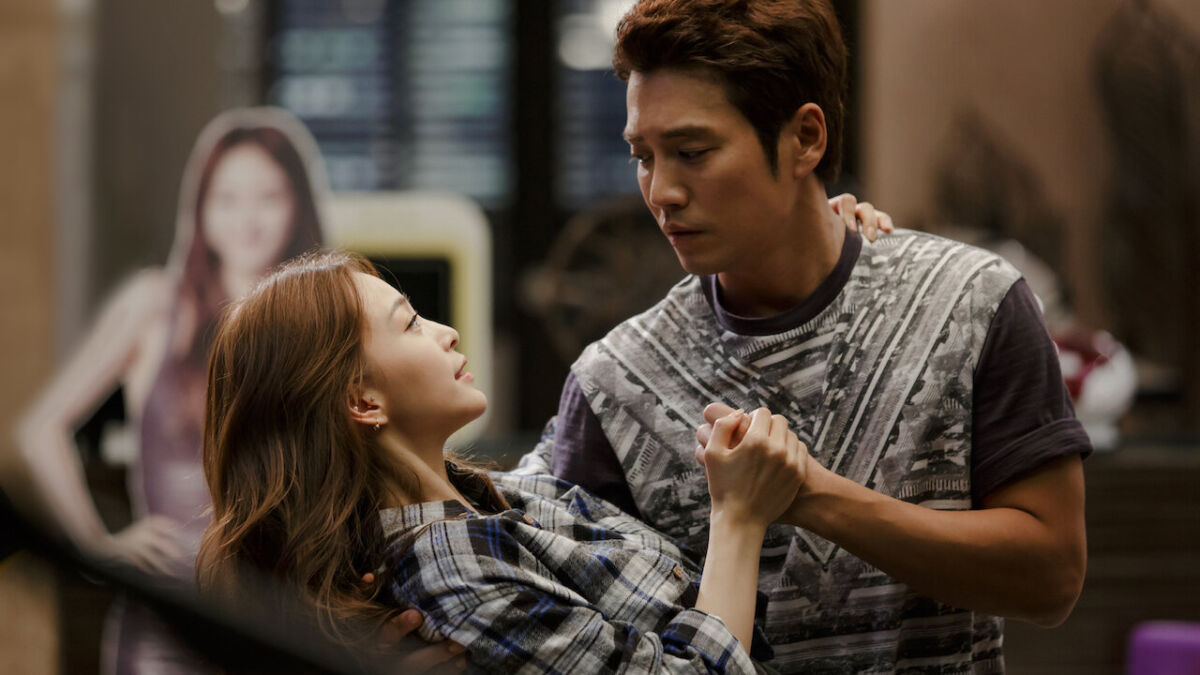
There isn’t much physical intimacy in K-dramas (unless the plot requires some spice), but they do such a great job at crafting anticipation and yearning. A shared umbrella can feel so romantic, so can the lively banter of a meal, as the potential couple make heart eyes at each other and converse over a steaming bowl of food. There is extensive use of slow-mos, which makes it insanely hyperbolic, yet the viewer is enraptured, on the edge of our seats, eager to see where each moment leads.
The roles are quite fixed when it comes to the romantic aspects of K-drama. There is a male lead, and a female lead. Sometimes, there may be a second male lead, introduced as an obstacle rather than a love triangle. You know the two leads will end up together, and the construction of the narrative leads to a healthy acceptance of this fact. Even if you have second lead syndrome – meaning that the second lead is so charming that you end up rooting for him more than the male lead – in the end you’ll come to a grudging acceptance of the main romantic pairing.
Secondary romantic relationships are also well-developed with arcs of their own, which is unusual in the world of romantic TV. Take, for example, Netflix’s Emily in Paris. Since Emily is the protagonist, the secondary characters are all built in relation to her and her story arc. They may get plotlines of their own, but never developed so extensively away from the main character. In K-dramas, we sometimes spend quite a bit of time with all these secondary characters, even when the leads aren’t involved in the scenes. This allows the characters to feel authentic, which in turn enriches the storytelling.
Realistic Portrayal of Relationships
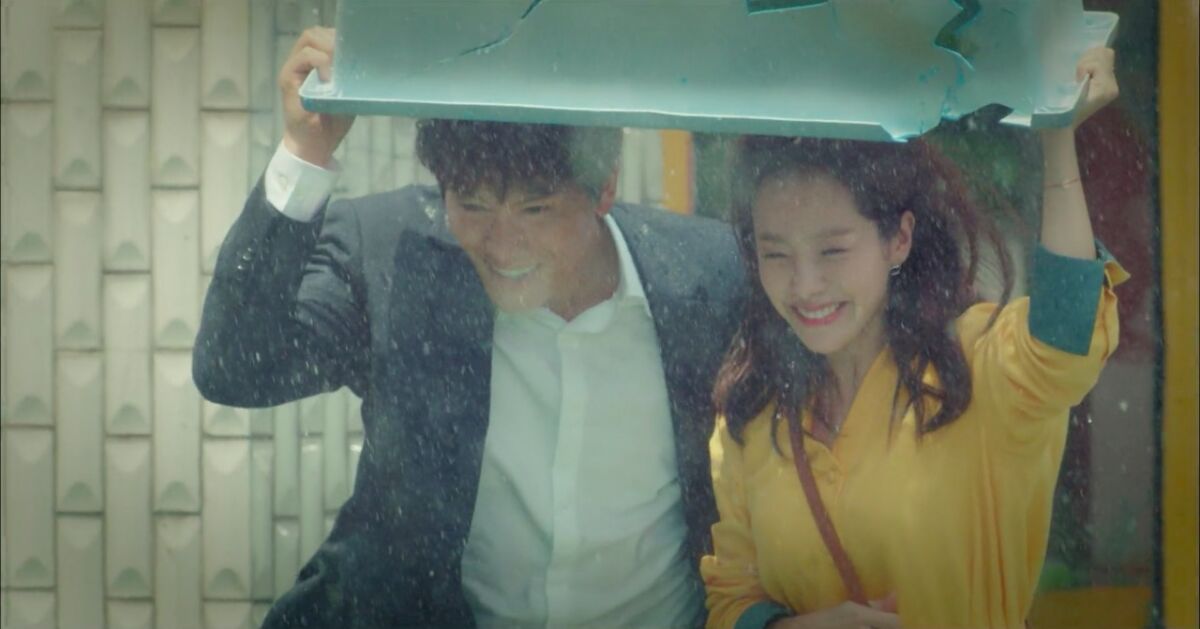
These K-dramas don’t shy away from contentious issues, and often explore the strife faced in married life and long-term relationships. Unless you’re born into wealth, financial stresses can take a toll on the relationship. In the drama Familiar Wife, married couple Joo-hyuk and Woo-jin are exhausted trying to juggle their children and working life. This brews resentment and frustration between the couple, who spend more time shouting at each other than communicating. After Joo-hyuk makes a life-changing decision, he starts to realise the reasons behind his wife’s anger and frequent exasperation with him. He was so fixated on his own issues that he never stopped to think about her problems and issues.
These shows really spotlight the struggles of both working and stay-at-home mothers, who sacrifice so much of themselves for their children and family, and are sometimes so underappreciated. There is constant emphasis for women to have agency, to care for those they love yet they should never allow themselves to be a doormat to the needs of others.
K-dramas also subvert expectations when it comes to male friendships. Masculine relationships in the media are usually defined by machismo or you have the inverse nerd-dom of movies like Superbad. There are exceptions of course, like Judd Apatow’s I Love You, Man, but this isn’t always the norm. In Korean TV shows, there is such an emotional intimacy to these male friendships; there isn’t a fear of vulnerability, and the men cry just as much as the women do. They aren’t afraid to be physically intimate with each other as well, where warm hugs and deep embraces are regular aspects of a bromance. True friendships involve calling the person out when they make stupid decisions, and not enabling their toxic behaviour.
Journeys & Transformation
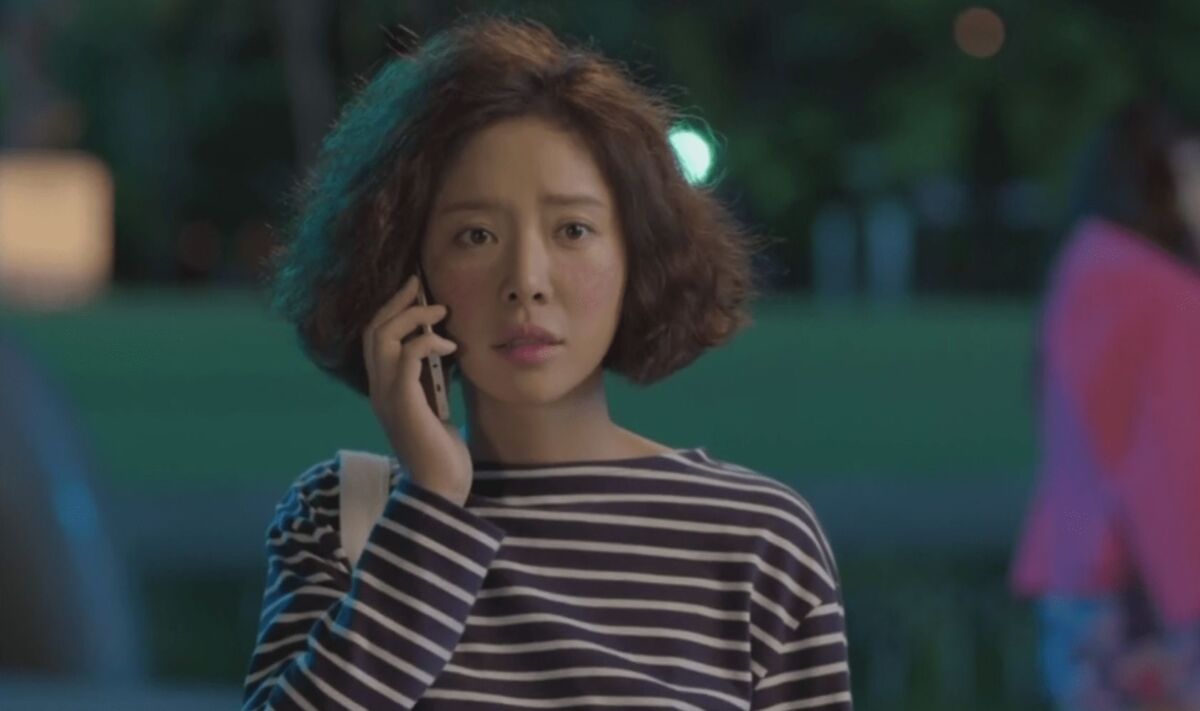
While there’s a depiction of the Machiavellian side of things in K-dramas, these attributes aren’t applauded or something to be emulated in any way. There is instead much emphasis on the need for accountability and responsibility, owning one’s mistakes and apologising, leading to growth. When characters make mistakes at work, they are tasked with writing apology letters, to admit their mistakes and learn from them. In Familiar Wife, Joo-hyuk sees the folly of his ways and resolves to become a better man.
As we follow these characters in their journeys, we see them encounter various obstacles, at times failing miserably, all of which aids in achieving a much-needed transformation. In She Was Pretty, Hye-jin’s own dissatisfaction in her lost beauty is the biggest hurdle she needs to overcome. It was her disappointment in herself that made her evade the meeting with her first love, and by the end she is more at peace with the imperfections that come with her beauty.
Destiny & Choice
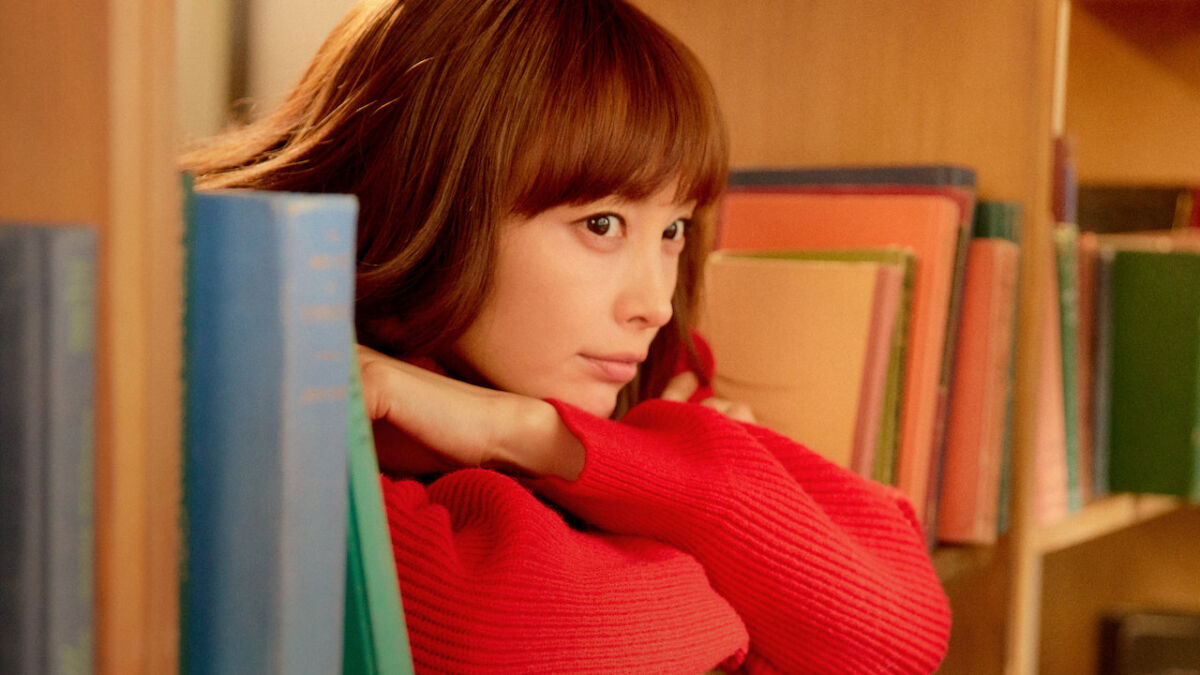
In some of these shows, there is a moment of crossroads, where a different decision could have resulted in a different life. In Romance Is a Bonus Book, the series begins with Dan Yi fleeing from her wedding, only to be persuaded to return. Considering how her married life turns out, and the suffering she experienced during those years, there is certainly lament here. However, K-dramas believe that you will return to the people you are destined to have in your life, and sometimes, they may not be there for the reason you think.
Oftentimes, we can feel crippled with these life-changing choices, worried if we are doing the right thing, since there is no turning back. There is comfort to the world of K-dramas in that way, where a bad choice doesn’t end in complete futility. The potential still awaits, you just can’t be afraid to chase it.
READ NEXT: 10 Best South Korean Horror Movies of All Time
Some of the coverage you find on Cultured Vultures contains affiliate links, which provide us with small commissions based on purchases made from visiting our site.

